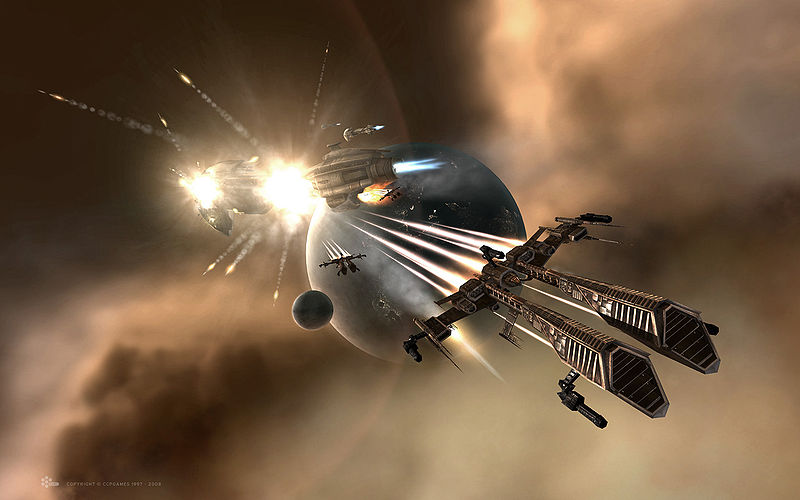Gamification of Science: Harvesting Tears with Spatial Proteomics
![]() 2 min read
2 min read
Many scientific data analysis tasks, such as classification or pattern search cannot be solved easily and with high precision by computer algorithms.Large research projects in particle physics, astronomy and recently also in biology produce vast amount of data. Researchers often spend months or even years to properly analyse their datasets. To solve this issue, crowdsourced citizen science projects were established such as the popular Zooniverse platform to engage volunteers in offering their time and ‘brain power’ to collectively analyse data form different scientific fields including astronomy, ecology, cell biology, humanities, and climate science.
Gamification of scientific data analysis is another attempt of crowdsourcing research where tasks are integrated into a gaming environment which makes the experience of solving repetitive tasks more enjoyable and motivating. One of the more successful attempts in this direction was the game foldit which transformed the task of finding the minimal energy protein fold in 3D space into a collaborative puzzle gaming experience.
Recently an article in the scientific journal Nature methods mentioned a development of a citizen science gamification project that will help classify immunofluorescence images to build a more detailed spatial proteomics database. The project was conceptualized by a collaboration between Massively Multiplayer Online Science and the Human Protein Atlas consortium. The idea is to persuade hundred thousands of players of the massively multiplayer online game EVE Online to help classify images as part of a mini-game inside EVE Online.
Splice asked an experienced EVE Online player to give his opinion on this mini-game approach and the possibility of it to be successful:
“If this functionality ever gets implemented, it could be a great achievement for CCP, the creators of EVE Online. In recent years they’ve had quite a few problems with balancing the needs of different parts of their diverse player community, constantly being forced to disappoint one group to cater to the interests of another. Now they have the opportunity to add something that most of the players can appreciate.

CCP Games EVE online / CC-BY-SA-3.0
The more altruistic player groups can do their bit to help humanity, the more mercenary players will likely be rewarded with in-game benefits, while the more ‘fun loving’ part of the EVE community will get to feast on a whole new supply of sweet sweet tears, provided by the real life scientists whose life work will be rendered useless by the swarm of randomly or even intentionally incorrectly classified images.”



